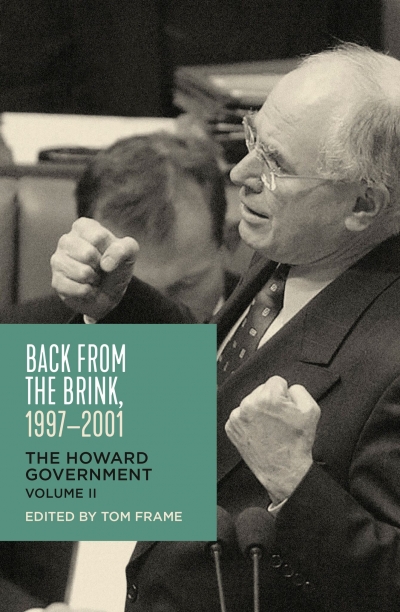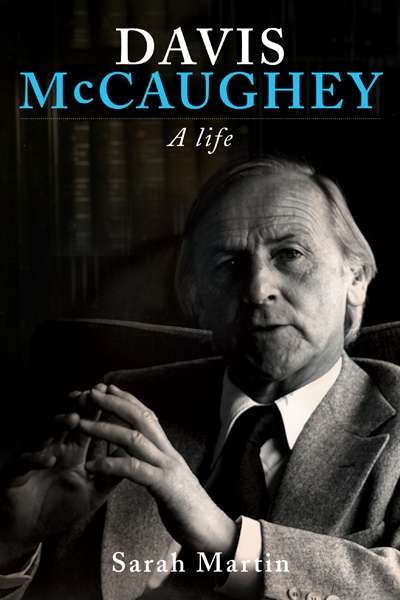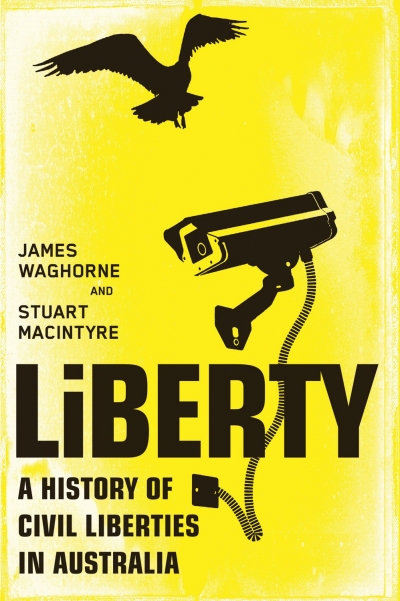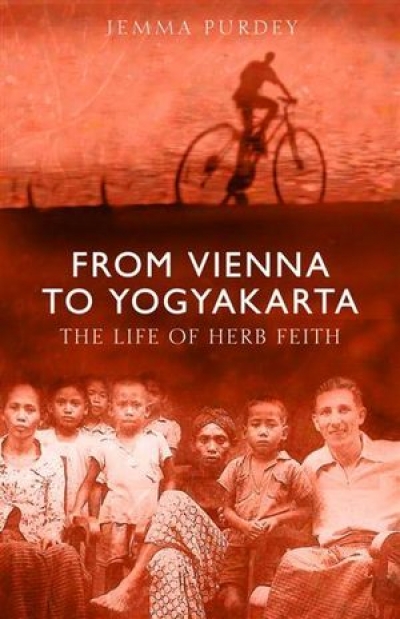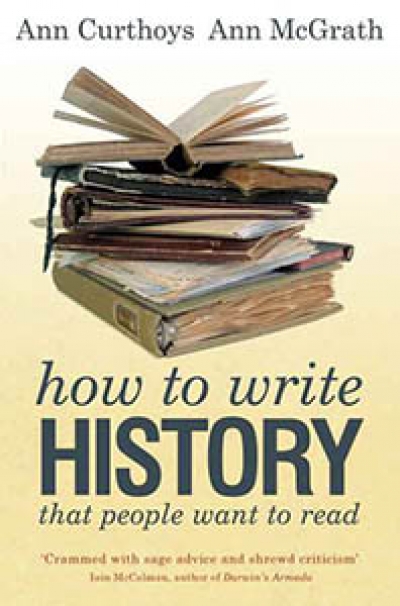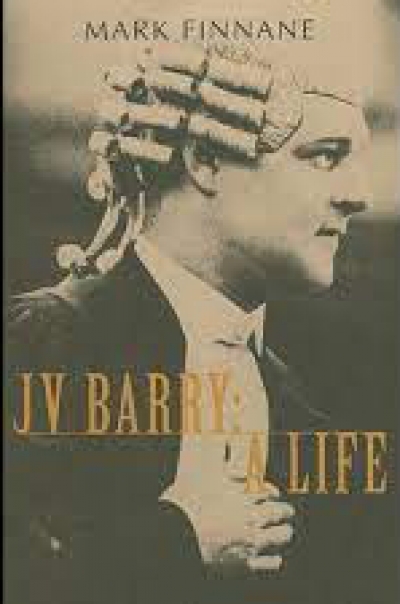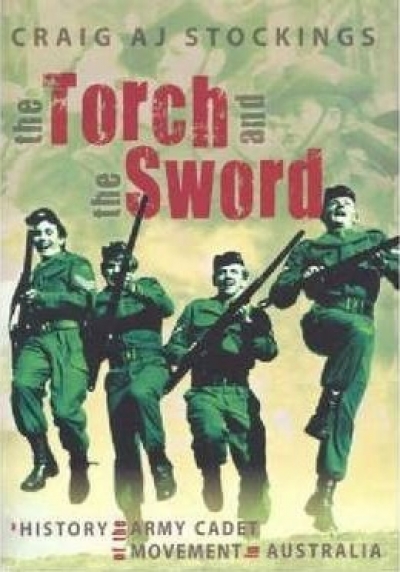UNSW Press
Back from the Brink, 1997–2001: The Howard Government Volume II edited by Tom Frame
by Lyndon Megarrity •
Davis McCaughey: A Life by Sarah Martin
by Chris Wallace-Crabbe •
Burning Issues: Fire in Art and the Social Imagination by Alan Krell
by Peter Hill •
Liberty: A History of Civil Liberties in Australia by James Waghorne and Stuart Macintyre
by Terry Lane •
Moving Stories: An Intimate History of Four Women Across Two Countries by Alistair Thomson
by Penny Russell •
From Vienna to Yogyakarta: The Life of Herb Feith by Jemma Purdey
by Joan Grant •
How to Write History That People Want to Read by Ann Curthoys and Ann McGrath & Voice and Vision by Stephen J. Pyne
by Stuart Macintyre •
The Torch and the Sword: A history of the army cadet movement in Australia by Craig A.J. Stockings
by Gillian Dooley •

